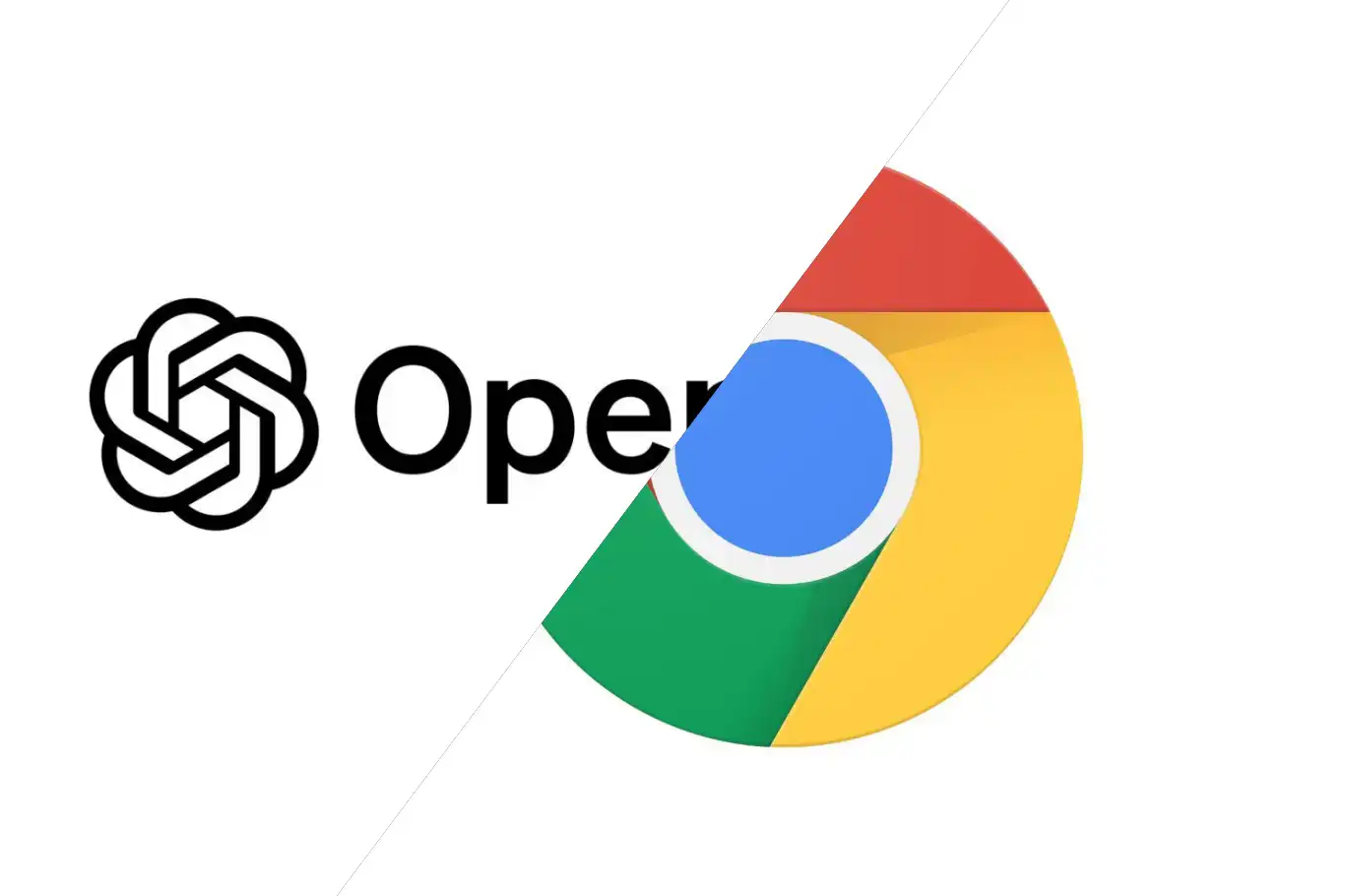OpenAI unveils “ChatGPT Atlas” browser in challenge to Google


OpenAI has launched a new artificial-intelligence-powered web browser named ChatGPT Atlas, marking its most ambitious move yet into direct competition with Google’s Chrome browser and the traditional search-based web experience.
Atlas is built around OpenAI’s flagship chatbot ChatGPT and reimagines the browser experience by weaving conversational AI directly into web navigation. Rather than opening tabs and copying content between browser and chatbot, users have access to a sidebar with ChatGPT for in-page summaries, analysis, and interactive tasks.
A key feature is what OpenAI calls “Agent Mode” — currently available in preview for paid Plus, Pro and Business subscribers — which allows the browser (through ChatGPT) to autonomously perform tasks such as booking travel, making purchases, or crawling websites for information.
The company said Atlas launches globally today on Apple macOS, with Windows, iOS and Android versions coming soon.
The launch comes at a strategic moment: OpenAI reported that ChatGPT now has around 800 million weekly active users, up from 400 million earlier this year.
Atlas represents a step toward monetising that user base and capturing browser traffic — historically monopolised by Chrome, which controls roughly 72 % of the market.
By embedding ChatGPT into the browser, OpenAI hopes to shift how people search, navigate and engage with the web — from typing URLs or keywords to a chat-based, context-aware experience. CEO Sam Altman described the initiative as “a rare once-a-decade opportunity to rethink what a browser can be.”
Analysts say Atlas presents the most significant threat yet to Google’s browser dominance and its ad-driven search business. OpenAI’s move comes as traditional search continues to be disrupted by large language models and chat-based agents.
However, challenges remain. Convincing billions of users to switch from entrenched browsers is no small task. As one industry analyst commented: “Early adopters will kick the tyres on the new OpenAI browser… but more mainstream, beginner and corporate users will just wait for their favourite browsers to offer this capability.”
Privacy and data-handling also stand out as concerns. OpenAI says that Atlas offers users control over what ChatGPT “remembers” via opt-in “browser memories.” Content is summarized and filtered to exclude sensitive personal data, and users can delete history and memory at any time.
For now, Atlas is available to Mac users, with other platforms planned. OpenAI will likely expand the browser’s functionality, integrate deeper web automation, and explore new revenue streams — perhaps including advertising, given the browser’s direct view into browsing behaviour. (ILKHA)
LEGAL WARNING: All rights of the published news, photos and videos are reserved by İlke Haber Ajansı Basın Yayın San. Trade A.Ş. Under no circumstances can all or part of the news, photos and videos be used without a written contract or subscription.
Chinese aerospace company LandSpace marked a significant milestone in its quest to develop a reusable rocket, successfully conducting a static-fire test of its Zhuque-3 launcher on Monday, October 20.
The popular messaging platform Signal is currently experiencing a significant service disruption, preventing users from sending or receiving messages.
Pakistan marked a historic milestone in its space program with the successful launch of its first hyperspectral satellite, HS-1, from the Jiuquan Satellite Launch Centre in northwestern China on Sunday.